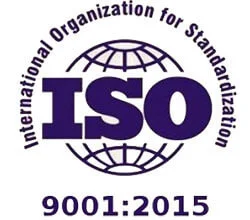
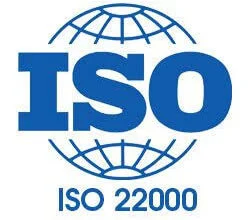
According to dictionary Kosher is Hebrew word that means fit, proper or correct. Nowadays Kosher is known for food, or premises in which food is sold, cooked, or eaten satisfying the requirements of Jewish Law. Kosher foods are those foods that conform to the regulations of the Kashrut.
Kosher foods are prepared following strict kashrut guidelines, which can vary in different Jewish communities, but have the same basic rules. Consumption of certain animals is prohibited, and the separation of dairy and meat is required. Preparation and processing equipment and facilities must be cleaned and sanitized between products. Blood products are not allowed. The foods are not allowed to co-mingle, so surfaces and utensils must be thoroughly washed and sanitized after each type of food is prepared to avoid any chance of crosss-contamination. To be KOSHER certificate , all ingredients in every product—and the process of preparing the product—must be certified for kosher-compliance too.
The below mentioned are the very intricate set of rules that make up the kosher laws. These rules are meant only for the general overview. A competent rabbi must be consulted for proper interpretation and implementation of these laws. There are three categories by which Kosher Food is classified: Meat, Dairy, and Pareve. In addition, there are other rules and cartegories.
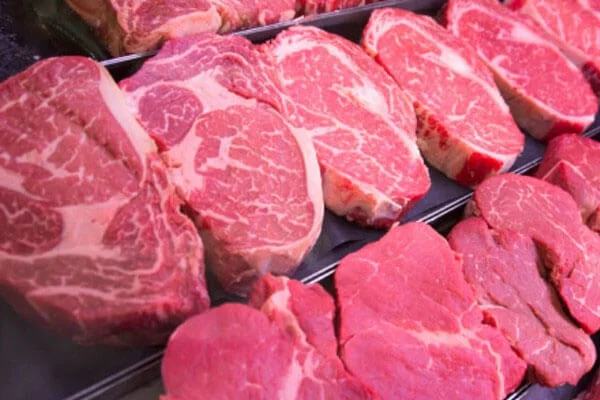
The animals which are considered for kosher must have split hooves and chew its cud.For example cow, goat, sheep, lamb and deer are the animals that qualify. Moreover the pig having the split hooves is not qualified as the kosher because we can’t chew its cud. Similarly, the rabbit and camel chew their cud but do not have split hooves, therefore they are not kosher.
Concerning poultry, chicken, turkey, duck and goose are all examples of kosher birds. BUT all of these permitted animals can only be made kosher by an ordained and humane slaughter as performed by a highly qualified, G-d-fearing specialist called the Shochet.
After slaughtering the animal is inspected to pass kosher health inspections. The prohibition of the consumption of blood is the basis for the process of koshering meat, it is crucial to perform the soaking and the salting procedure in accordance to Jewish Law in order to drain all of the blood. Upon completion, this animal is categorized as "Kosher, Meat." According to the kosher all carnivorous animals and carnivorous fowl as well as their derivatives are not considered as qualified.
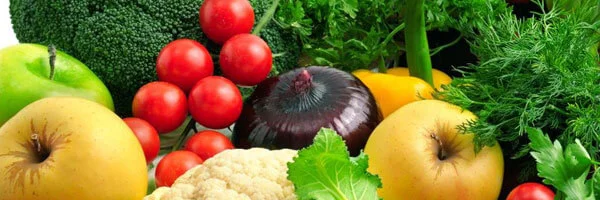
The foods which are neither meat nor dairy are called as pareve. This means that they contain no meat or dairy derivatives and it is not cooked or mixed with any meat or dairy foods. The foods such as eggs, fish, fruit, vegetables, grains, and juices in their natural, unprocessed state are common pareve foods. The other pareve foods include pasta, soft drinks, coffee and tea, and many types of candy and snacks. Products that have been processed in any way should be bought only if they bear reliable kosher certification.
The foodstuff made without milk and meat or their derivatives, and therefore permissible to be eaten with both meat and dairy dishes according to dietary laws. The kosher certified foods may lose their pareve status if processed on meat or dairy equipment or when additive are used. Pure chocolate, cookies and other snacks may not be processed with meat or meaty foods unless they are certified pareve.
The foods that carry the pareve label is considered as neutral and are 100% annulled of any meat or dairy ingredients or by-products. Fruits, Vegetables, grains as well as fish products and eggs are all pareve, which can be eaten together with milk or meat dishes. According to the kosher certification there are no limitations for fruits and vegetables.
Being no limitation for fruits and vegetables, but proper care must be taken to wash the fruits and vegetables thoroughly and inspect them to prevent accidental consumption of bugs or insects, which are all prohibited by the kosher code.
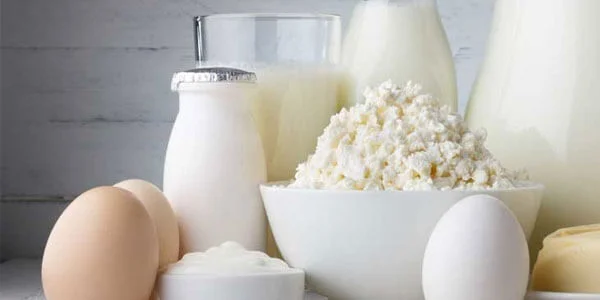
Milk and milk products which are derived from kosher animals only are termed as “Kosher Diary”. Most rabbinic authorities are of the opinion that the USDA standards and controls are sufficiently stringent to ensure that only kosher milk is sold commercially. This milk is referred to as "Cholov Stam". So USDA approved milk and butter does not need kosher certification. All cheeses require kosher certification, including hard cheeses such as Swiss and Cheddar as well as the soft ones such as cottage, farmer, pot and cream cheese.
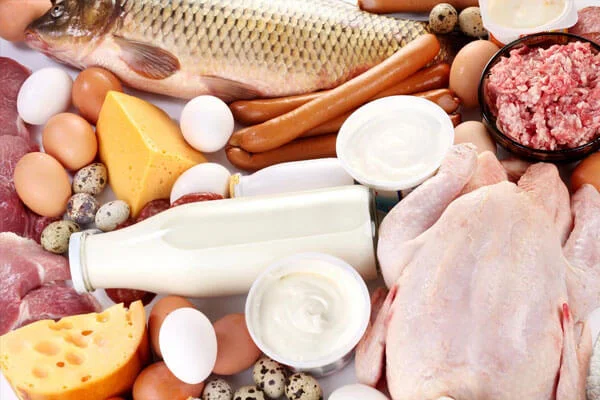
The basic rule requires the absolute separation of dairy products from meat products. Consequently utensils used for meat cannot be used for dairy or vice versa unless made clean according to kosher rules. Most certifications require a six-hour wait after eating meat before eating dairy.

In order for foods to be qualified to carry the Kosher for Passover label, these foods must be made only with utensils that are specific for this process according to Jewish Law. Conformance will have the product carrying a “P” next to the Kosher check symbol. Our experts will provide supervision and support in each food category to help you obtain the Kosher certification for the category of food products you manufacture and thus gain access to international markets

All products made from fresh or dried grapes such as grape juice, wine and wine vinegar, must be supervised for the entirety of the manufacturing process and handling must be done exclusively by Jews in order for it to be kosher. All products with grape flavouring or additives must have a kosher certificate.
Batul refers to a situation when a small amount of one food is accidentally mixed into a larger amount of a different food. When the ratio is one part to 60 parts or less, the smaller ingredient is generally considered to be null and void.
Chodosh, literally, new, refers to the grain (wheat, barley, oats, rye, and spelt) that has not taken root before Passover. It is called "new grain." Its consumption may be restricted until the following Passover.
Cholov Yisroel refers to all dairy productions, including cheese and non-fat dry milk powder, which have been under constant rabbinical supervision.
Traiboring refers to the process of removing forbidden fats and veins from meat in order to be prepared for the next stage of koshering, namely, the salting process.
Shochet - one who is specially trained to slaughter kosher meat and poultry according to the Jewish tradition.
Hashgacha, literally, supervision, generally refers to kosher supervision.
Glatt is the Yiddish word meaning smooth, and refers to beef from kosher slaughtered animals whose lungs are free of adhesions. Kosher consumers, who are very severe in accepting only high standards of kosher, demand that all meat products be "glatt." The term is often mistakenly used to distinguish food items which have higher standards of kashruth from those which have a more relaxed level of kosher certification.